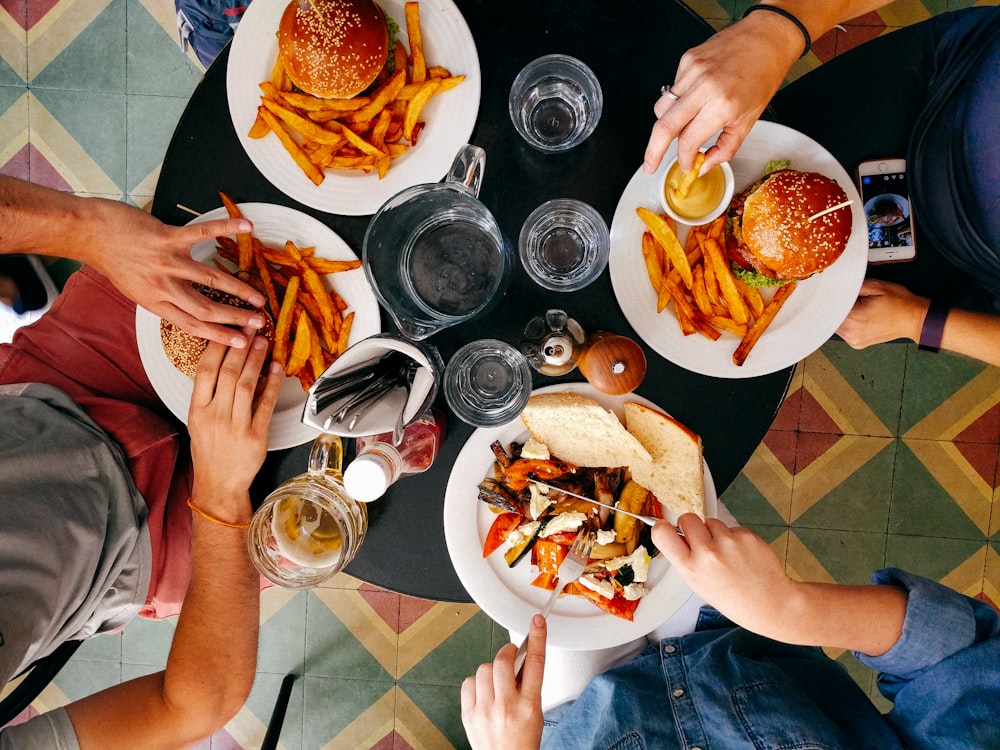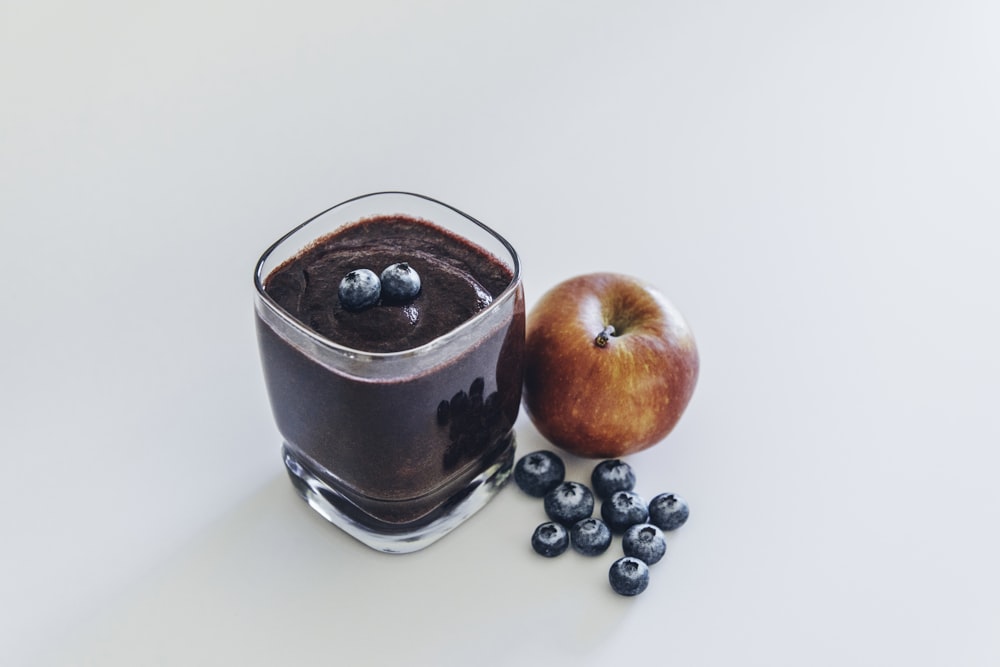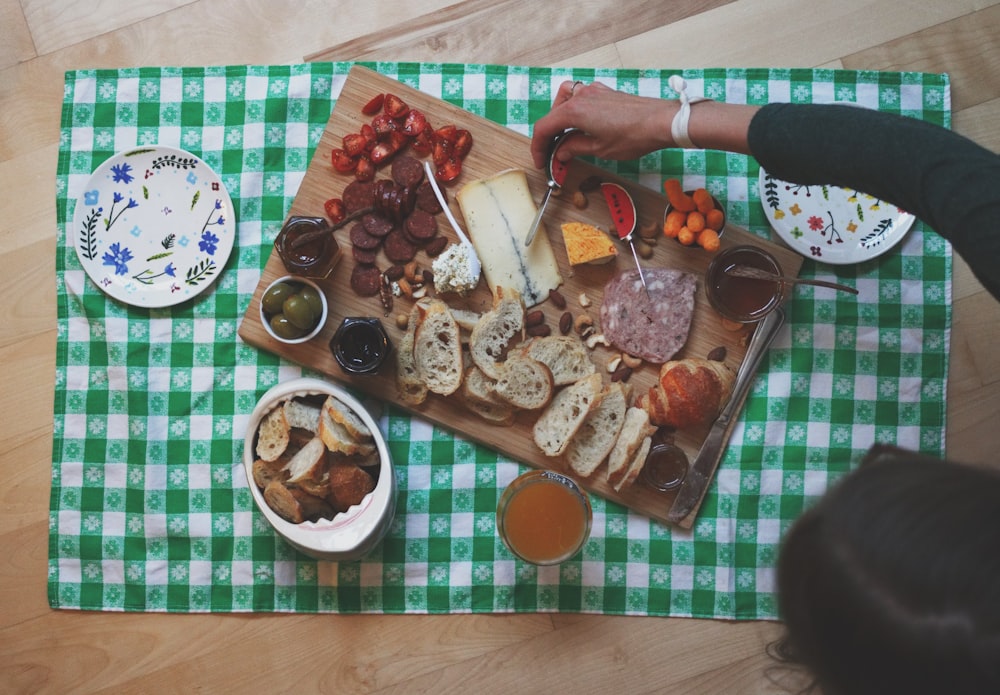
If you or someone you care about is currently undergoing a cycle of chemotherapy, know that having no appetite after chemo (or during chemo) is normal and it’s a serious struggle. You might be wondering how to eat when chemo kills your appetite, or thinking, What is the best food after chemotherapy treatment?
According to the National Cancer Institute, “Cancer treatments are designed to kill cancer cells. But these treatments can also damage healthy cells. Damage to healthy cells can cause side effects that lead to eating problems.”
Chemo can change the way food tastes and smells, take away the appeal of your favourite foods, make you feel nauseous or constipated, and chemo can make you completely lose your appetite. It doesn’t help that chemo also often makes your mouth sore, which is another factor that makes you not want to eat.
Among the most serious eating problems while on chemo are a lack of appetite, no desire for food, and extreme weight loss. Cancer patients on chemo often don’t want to eat or feel that they can’t. However, they know they need to eat for the sake of their health, so how do cancer patients eat when chemo kills their appetite? Below are some helpful suggestions:
1. Get Plenty of Help with Meal Preparation
A cancer patient with many friends and family members who care about them should have no problem getting help with meal preparation. Friends and family of the cancer patient could set up a schedule, where each of them is responsible for assembling breakfast, lunch and dinner for their loved one on chemo on a specific day of the week.
Alternatively, if the person on chemo is living with a spouse, the spouse can be upfront with the other family members about how much cooking and grocery shopping he or she can take on themselves. If the spouse feels they need some help preparing meals and stocking the fridge, the other family members can be called to duty.
2. Focus on Extra Calories

Since chemo kills your appetite and you won’t be eating as often as normal or as much as normal, try to choose foods that are high in calories.
Whoever is cooking for you, for example, should add extra butter to the sauce and sneak extra calories into your meals. Add extra avocado, cheese and nuts to a salad, use more oil in the frying pan when cooking a stir-fry, and add a high-calorie sauce on top.
You can also make “fat bombs” which are typically small, bite-sized, round snacks full of high-calorie ingredients such as peanut butter, oats, brown sugar, and more. It’s small enough to pop in your mouth, so even if you’re not hungry, you should be able to manage eating one or two of them. Hundreds of fat bomb recipes can be found online, both savoury and sweet.
3. Never Refuse Care and Always Ask for Help
It’s more common than you think for a cancer patient on chemo to insist they don’t need help cooking, making food, or grocery shopping. Many cancer patients don’t want to admit they need to be cared for, but the reality is they do need help.
Not only should a cancer patient undergoing chemo never refuse care, but friends and family of the cancer patient should not take no for an answer, either.
If someone undergoing chemo lives alone and claims they can feed themselves, don’t believe them. Often they will be too tired and too sick to eat, and with nobody preparing meals or holding them accountable to an eating schedule, they simply won’t eat.
If your loved one is losing weight and not eating enough due to chemo, you need to regularly show up with Tupperwares of food. Warm up the food and eat with your loved ones, encouraging them to take another bite. Giving them this support is crucial. In fact, the cancer patient is likely to eat more food if someone is eating with them and watching them eat, compared to if they’re left alone to eat the food.
4. Keep High-calorie Meal Replacement Shakes in the Fridge, and Other Liquid Calories

Nutritious meal replacement shakes such as “Boost Plus Calories Strawberry Flavor” are perfect for easy consumption and easy calories throughout the day. The cancer patient can drink one of these pretty easily, as they’re small and they taste good. Boost’s meal replacement shakes have plenty of vitamins, nutrients, and calories packed into one small bottle.
A cancer patient losing weight should try to drink one of these with their meal, rather than using it as a meal replacement. Or, drink a Boost as a snack in between meals.
It’s wise to drink calories whenever you can. Often, drinking feels easier than eating. You can drink tomato soup, chicken broth, Boosts, juice, and other liquids with calories in addition to water.
5. Take Notice of What You Enjoy Eating and What You Can Eat More Easily
Some cancer patients undergoing chemo love chicken soup with chicken-filled wontons, and can finish a full serving. They find that it’s easy to eat and they enjoy the taste. That’s just one example of common food that’s easier to eat while on chemo. The reason this is a popular choice is partly that when you have a sore throat from chemo, you should avoid crunchy, dry, hard or spicy foods.
Ensure that you always have the foods you like eating stocked in the cupboards and in the fridge. Assign grocery shopping duties to your spouse, friend or family members. The people who care for you will be happy to help out.
6. If You Can’t Finish the Whole Meal, Put It in the Fridge for Later
It’s common to struggle to finish an entire meal when you’re on chemo. Eat what you can manage. Finish eating as much of your meal as you can, and put some saran wrap over it to save it for later. Remind yourself to go back into the fridge, reheat your meal, and finish it later.
7. Eat Several Small Meals Throughout the Day

Since chemo kills your appetite and you’re typically not hungry, it’ll often be best to eat small portions of food more frequently. This is because it’s unlikely you’ll be able to finish a big meal, so eating only 3 meals per day might not work for you. Instead, try eating small meals or snacks every 2 – 3 hours. This is where those Boosts stocked in the fridge and Tupperware of fat bombs come in handy.
8. Keep Snacks Easily Accessible
According to the National Cancer Institute, it’s crucial that on a daily basis, foods and snacks the cancer patient enjoys are easily accessible. “Keep food within easy reach. This way, your loved one can have a snack whenever he or she is ready to eat. Put a snack pack of applesauce or diced fruit along with a spoon on the bedside table. Keep roasted nuts on the counter. Or try keeping cut-up fruits and vegetables in the refrigerator. Eat fruits and vegetables with dips for extra calories and protein. Carrots go well with hummus and apples can be dipped in peanut butter.”
Small details such as cutting up an apple into slices and keeping it in the fridge will help the cancer patient greatly. They will feel too ill and too tired to cut up an apple themselves. These helpful gestures in food preparation go a long way when someone is struggling to eat.
9. Take Notice of When You Have the Highest Appetite
Is your appetite the highest in the morning? If so, eat a big breakfast – as much as you can. Take advantage of the times you’re hungry by eating a bigger portion.
When you notice you don’t have an appetite, understand that you should try to eat anyway. Not desiring food doesn’t change the fact that you need to eat.
10. Try Doing Light Exercise 30 Minutes Before Eating

About 30 minutes before eating, try going for a short walk or doing some sort of activity such as light housework. This could increase your appetite, and it’s also healthy to avoid being too sedentary during your treatment. A healthy body needs to move just as much as it needs sleep and food.
Why Eating During Chemo Is so Important
Chemo causes extreme fatigue and weight loss, so it’s important to eat to keep your strength and energy up, even though it kills your appetite.
The side effects of chemo won’t be as rough if you’re remembering to eat. You need nutrients and food to keep your body strong so that your body can handle the side effects of chemo.
Remember to ask for help, accept care from friends and family, and never rely solely on yourself to prepare meals. Similarly, if you struggle with holding yourself accountable to eat, ask someone to be your accountability partner. Ask a loved one to help remind you to eat and encourage you to eat. Chemo is not an easy treatment to go through, so be sure to talk to your doctor if eating is becoming impossible. Definitely talk to your doctor if you go more than 2 days being unable to eat anything.
Undergoing chemo is very hard on your body, just like getting diagnosed with cancer is very tough to handle mentally. Sometimes it’s very helpful to be aware of your risk of cancer, so you can prepare yourself, or develop healthier lifestyle habits to reduce your risk.
If you want to be informed of your risk of cancer-based on your genes, you can get your full health risk analysis by ordering the CircleDNA Premium Kit. We’ll inform you of your level of risk for developing various cancers and diseases.






